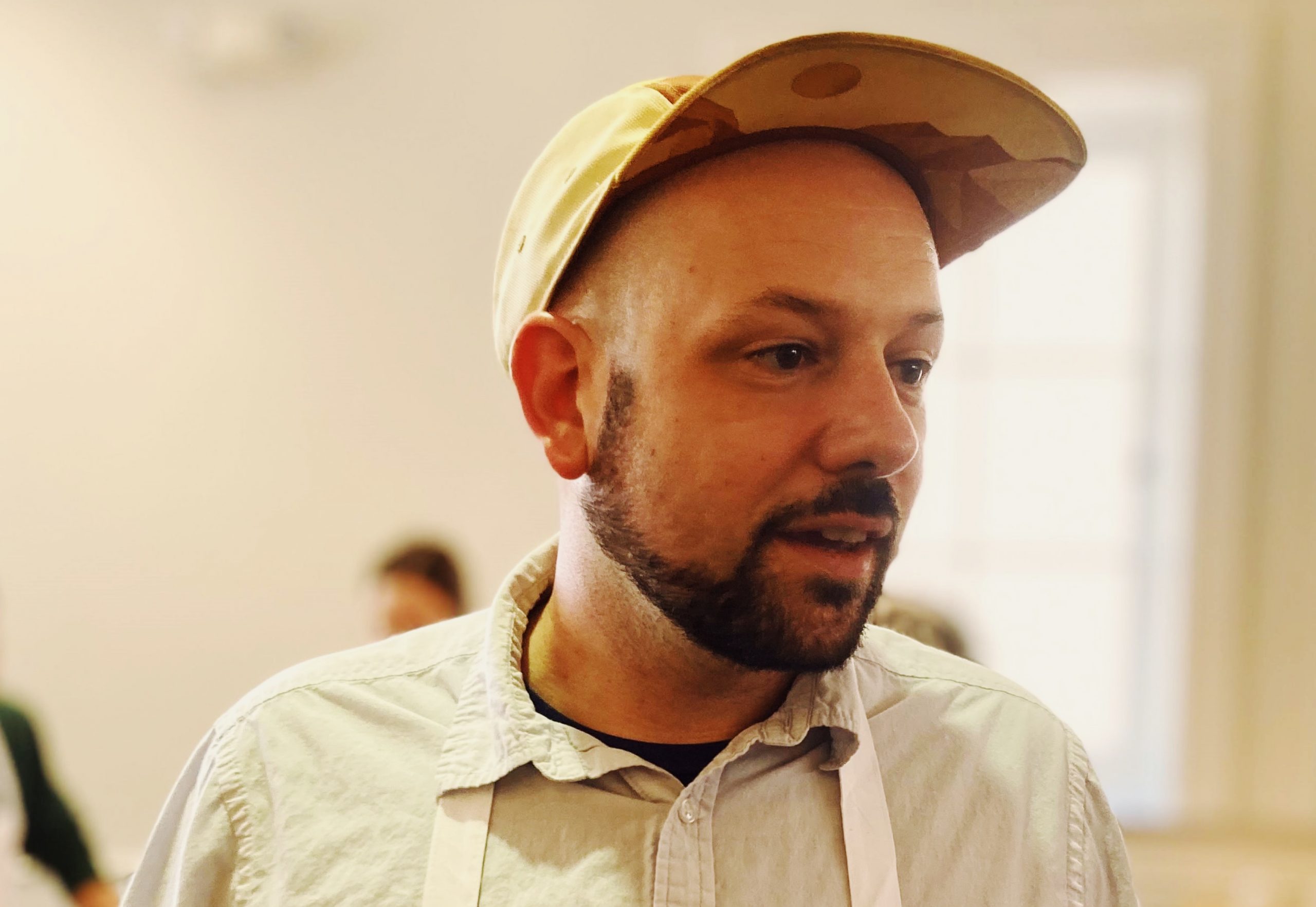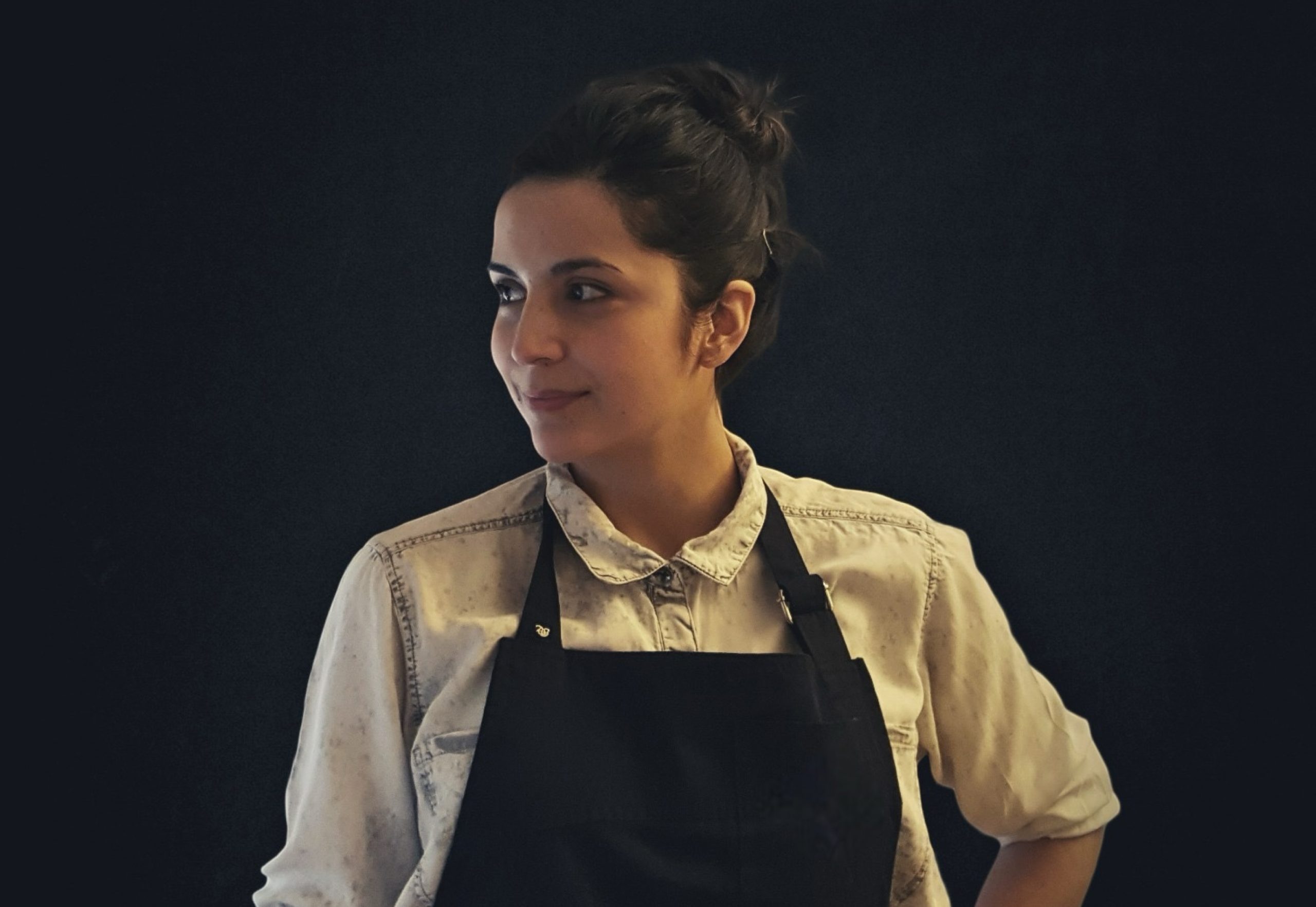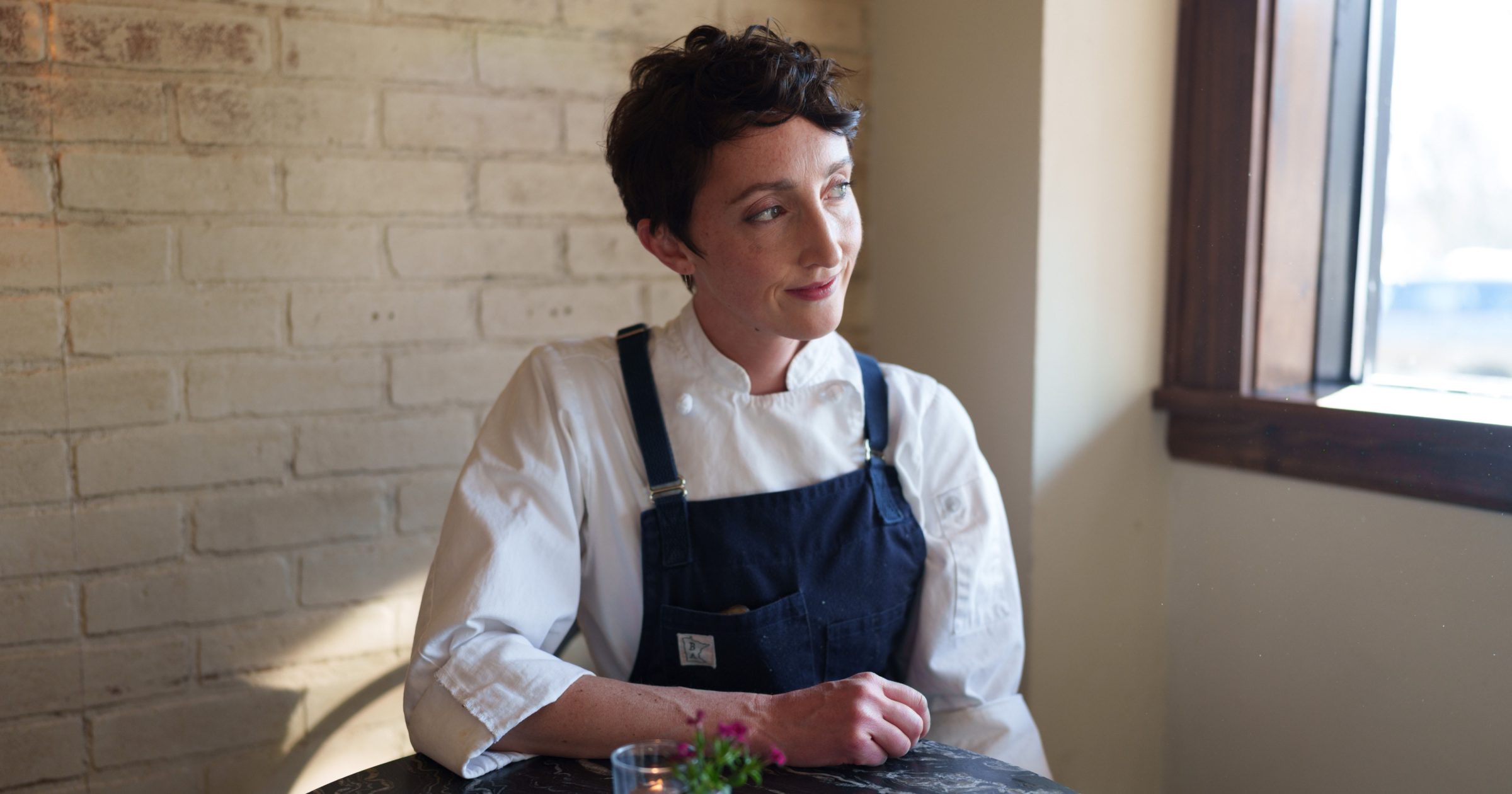5 Questions with Jack Feeny
British chef Jack Feeny arrived at MAD Academy in 2021 with a good deal of knowledge about sustainability under his belt: in fact, he had already published a manual, produced with the help of other chefs and called No Mise En Plastic (get it?) that offered tested advice on reducing single-use plastics in restaurants. Since then, he’s gone on to expand the platform, and has just launched a campaign to persuade kitchens to switch to wooden cutting boards.
–
What is No Mise en Plastic and how did it come about?
“I had just started working at The Conduit in London, which was committed to sustainability and where I saw how easy it was to make lasting changes. When I got there I was still using clingfilm and all these other single-use products, but within two days of starting there, I was weaned off it, and obsessed with finding a use for every bit of food, so as not to waste any. I thought if more chefs realized how easy it was, they’d probably make these changes too. So I created this manual of practical tips from my own experience and from other chefs. I had the idea and then we started in lockdown, so I was on furlough so not only did I have the time, but it almost felt like I was getting paid for it. But then I was really excited by what was happening: it was like, wow, this is there’s a tangible impact here. Other chefs were making changes and that was enough to just kind of drive it. It’s just really fun to me to reach out to other chefs and find out their core techniques and solutions to reducing waste and so on. I get to talk to loads of really interesting people who are doing great things for the food system.”
So, if you already knew all these things, what made you come to MAD’s Environment and Sustainability course? What did you hope to get out of it?
“Sustainability is a subject I really care about. When you’re actually, passionate about something, it’s different–you just want to know more. In fact, the time at MAD led me to apply to do a master’s in regenerative food and farming.”
What stands out from your time with MAD? Any concrete lessons that have stuck with you?
“I still use the tips from the social media session– how you draw people’s attention and how you should push them with a call to action. But more than anything, it was the holistic approach of looking at the entirety of the kitchen and the food system. There were so many different chefs from different countries, and people working at different parts of the food system. Just being able to speak to all them–chefs, a couple of farmers, people in wine–and hearing all these different perspectives. It definitely confirmed for me that we need to broaden our approach, that there’s a multitude of ways that kitchens impact the environment.”
You’ve recently started a campaign to get kitchens to stop using plastic cutting boards. How did that come about, and what message are you trying to get across?
“I came across a few studies that suggest that plastic chopping boards are a major reason why we have microplastics in food. And there’s this myth that wooden boards are just not hygienic in comparison to plastic ones. But really the majority show that there’s not really much difference between them, because in the past, when they did this research, they didn’t take into account the antimicrobial properties that some woods have–the pores in the wood are a hostile environment for bacteria, they just die [Ed note: see here, for example]. So we started working with some foresters in the UK to research some potential woods that would be great for commercial kitchens.”
It’s amazing that you’ve started this whole initiative on your own. What are your plans for No Mise en Plastic going forward?
“Well, we are kind of working on changing the name. People get confused by it, especially because we’re looking at all parts of the food system, including regenerative growing, and we want to highlight the fact that plastic is not the main issue. So we’re working on that. And we’re also working on a new section called Today’s Menu that will celebrate agroecological foods that deserve to be on UK menus. But I think the overall goal is to just keep being a platform where chefs can learn about all the many other chefs who are already doing so many great things. We just want to be a positive place for chefs to share their practical solutions. Where you can read a post, and then the next day have a go at doing that in your kitchen.”




